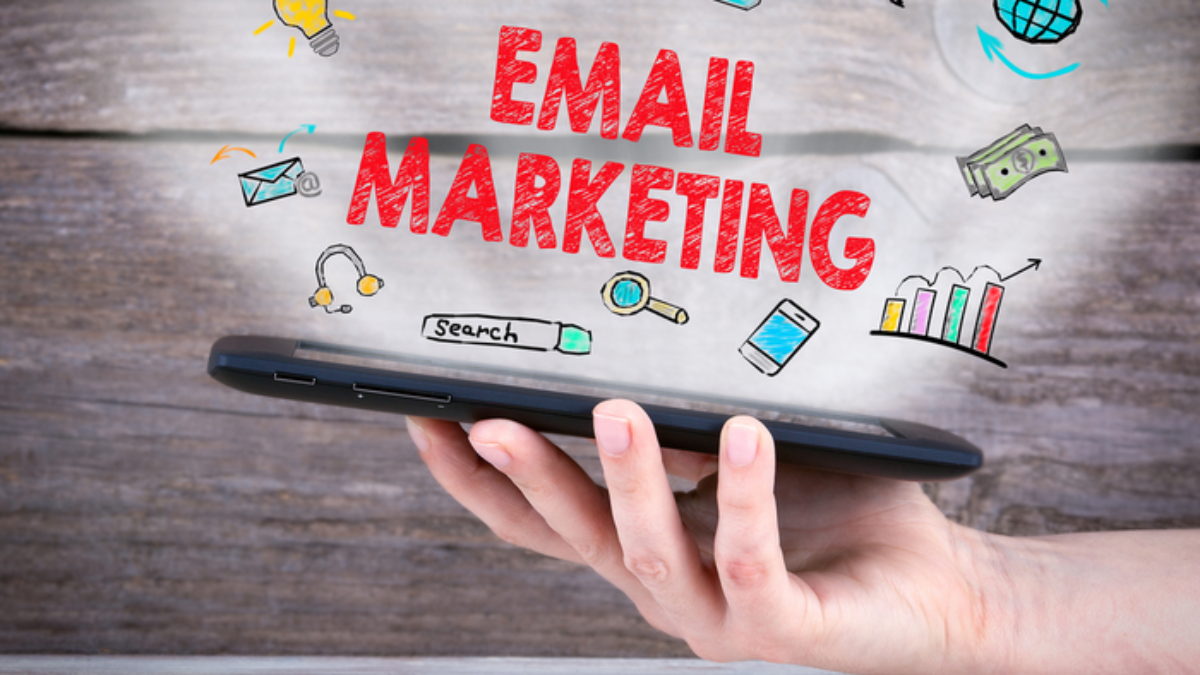
Image via Dreamstime Stock Photos
In today’s digital age, marketing strategies are constantly evolving, with brands vying for attention in a crowded marketplace.
One unconventional approach that has gained popularity is troll marketing.
This controversial tactic involves deliberately provoking and engaging with online communities to generate buzz and promote brand awareness.
While it may seem tempting to jump on the troll marketing bandwagon, it’s crucial to carefully consider the potential risks and benefits before incorporating it into your brand-building strategy.
Table of Contents
What is Troll Marketing?
Troll marketing, also known as provocative marketing or guerrilla marketing, is a strategic technique that involves intentionally inciting strong emotional responses from internet users. It aims to spark discussions, debates, and even outrage to capture attention and generate viral content.
By tapping into the power of internet culture, memes, and social media, troll marketing seeks to establish a brand’s presence and create an aura of controversy and intrigue. For example: How to Deal with Bluewashing Allegations.
Addressing the Potential Benefits and Risks of Troll Marketing
While troll marketing can generate attention and engagement, it is essential to weigh the potential benefits against the inherent risks. Understanding the potential advantages and pitfalls of troll marketing can help you make an informed decision about its suitability for your brand.
Benefits of Troll Marketing:
a) Rapid brand exposure
Troll marketing has the potential to catapult your brand into the spotlight within a short span of time. By leveraging controversial or provocative content, you can capture the attention of online communities and create a buzz around your brand.
b) Viral potential
When executed effectively, troll campaigns can go viral, spreading rapidly across social media platforms and reaching a vast audience. This heightened visibility can lead to increased brand awareness and potential customer acquisition.
c) Memorable brand associations
By leveraging the power of humor, wit, and creative storytelling, troll marketing can create a lasting impression on your target audience. Memorable content has a higher chance of being shared, generating organic exposure, and increasing brand recall.
Risks of Troll Marketing
a) Brand reputation damage
Engaging in troll marketing carries the inherent risk of damaging your brand’s reputation. Provocative or controversial content can alienate segments of your target audience, leading to negative associations that may be challenging to rectify.
b) Backlash and negative sentiment
Trolls can be unpredictable, and campaigns can quickly spiral out of control. What starts as an innocent or playful interaction may provoke strong negative reactions, resulting in significant backlash and public criticism.
c) Ethical considerations
Troll marketing tactics that involve deception, misinformation, or manipulation raise ethical concerns. Misleading or dishonest campaigns erode consumer trust, leading to long-term repercussions for your brand’s credibility and relationships with customers.
d) Legal implications
Some troll marketing strategies may violate advertising regulations or infringe upon intellectual property rights. This can expose your brand to legal action, financial penalties, and a tarnished reputation.
Alternatives to Troll Marketing
1. Authentic storytelling
Instead of resorting to controversial tactics, focus on developing an authentic brand narrative. Craft compelling stories that resonate with your target audience’s values and emotions. Authenticity breeds trust and long-term customer loyalty.
2. Influencer partnerships
Collaborating with influencers who align with your brand values can be an effective way to build trust and reach new audiences. Leveraging the reach and credibility of influencers can create organic and meaningful connections with your target market.
3. Customer-centric strategies
Prioritize understanding your customers’ needs, desires, and pain points. Tailor your marketing efforts to provide value, solve problems, and create positive experiences. Building a customer-centric brand fosters loyalty and word-of-mouth recommendations.
BONUS: Examples of Troll Marketing
1. The Burger King “Whopper Detour” Campaign
Burger King launched a troll marketing campaign by encouraging customers to download their mobile app and order a Whopper from within 600 feet of a McDonald’s location.
The campaign playfully poked fun at McDonald’s while promoting Burger King’s own app and offering customers a heavily discounted Whopper. The campaign generated widespread attention and engaged customers through a playful rivalry between the two fast-food giants.
2. The Old Spice “The Man Your Man Could Smell Like” Campaign
The ads featured a humorous and over-the-top character delivering rapid-fire monologues in unusual settings. The campaign intentionally poked fun at traditional masculine grooming advertisements while positioning Old Spice as a cool and quirky brand.
The commercials went viral, generating significant attention and helping to rejuvenate the brand’s image.
3. The Netflix “Netflix Is a Joke” Campaign
The streaming giant used billboards and social media posts to promote its stand-up comedy specials, poking fun at the idea that Netflix’s original content was limited to comedy. The campaign’s humorous and self-aware approach not only generated attention but also reinforced Netflix’s reputation as a provider of diverse and high-quality content.
Conclusion
While troll marketing may seem enticing due to its potential for quick attention and buzz, brands must approach this strategy with caution.
The risks of damaging reputation, legal ramifications, and loss of control are significant considerations. Instead, focus on building an authentic brand identity, fostering genuine connections with your target audience, and delivering value through customer-centric strategies.
By prioritizing trust and ethics, you can create a sustainable and successful brand that stands the test of time.


